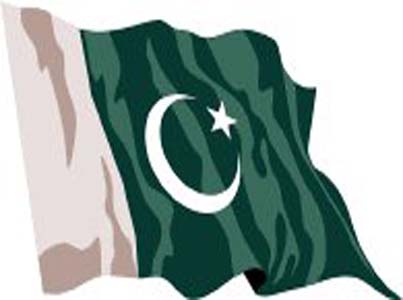Pak needs US drones, but not willing to acknowledge publicly: NYT
 Islamabad, Apr. 16 : Both Pakistan and the United States, it seems, have grown accustomed to an unusual diplomatic dance over the deployment of drones over Pakistan's volatile tribal areas.
Islamabad, Apr. 16 : Both Pakistan and the United States, it seems, have grown accustomed to an unusual diplomatic dance over the deployment of drones over Pakistan's volatile tribal areas.
But according to the New York Times, for all their public protests, behind the scenes, Pakistani officials might accept the reality and necessity of drones more than Foreign Minister Shah Mahmood Qureshi's strong rebuke last week, saying that American drone strikes against militants in Pakistan's tribal areas were eroding trust between the allies.
The Americans have defended their strategy for Pakistan, saying Qureshi reprimand was to be expected.
In fact, both sides have would suggest, Pakistan and American analysts and officials say.
Why else would Pakistani military officials be requesting that the United States give them the drones to operate, asked Professor Riffat Hussain of the Quaid-e-Azam University in Islamabad.
Hussain believes Pakistani officials consider the drones one of their only effective tools against the militants and their presence also takes pressure off the Pakistani Army, which has proved reluctant to fight the militants, or incapable of doing so, in the rugged mountains along the Afghan border.
Most of the aircraft, about the size of a Cessna, take off with Pakistani assent from a base inside Pakistan, American and Pakistani officials acknowledge. A small group of Pakistani intelligence operatives assigned to the tribal areas help choose targets, while the drones, armed with Hellfire missiles, are remotely piloted from the United States, experts say.
Permission for the aircraft to strike in the tribal areas was negotiated by the Bush administration with the former president, Pervez Musharraf, and then with the current leader, Asif Ali Zardari. The Obama administration has renewed those understandings, American and Pakistani officials say.
The cooperation has been successful. Nine out of 20 senior operatives from Al Qaeda on a list compiled last year have been killed, according to American military commanders, a fact the Pakistanis do not dispute.
But as effective as the attacks have proved, the Pakistanis' discomfort with the drones is real. The larger issue surrounding the drone strikes is the trade-off between decapitating the militant hierarchy and the risk of further destabilizing Pakistan. Then there is the matter of public perception, particularly over the civilian casualties caused by the drone strikes, which infuriate Pakistani politicians and the media.
The deaths make it difficult for any Pakistani leader to support the drones publicly. At the same time, the Pakistani disavowals only reinforce the popular notion that the war against the militants merely furthers America's interests, not Pakistan's own. (ANI)